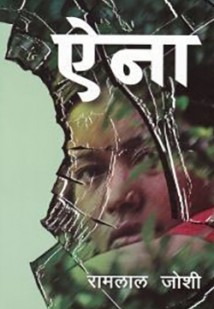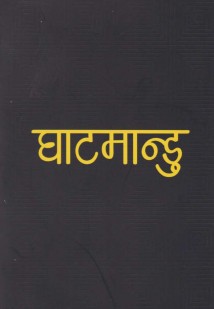Non Fiction
Nepali non-fiction is a vast and diverse genre that covers a wide range of topics, from politics and history to social issues, memoirs, and biographies. Non-fiction literature is a relatively new addition to Nepali literature, with many of the early works being academic texts or political pamphlets.
One of the most influential works of Nepali non-fiction is "Rastra Ko Bibeksheel Bichar", written by Bishweshwor Prasad Koirala. The book is a collection of essays that offer a critique of Nepal's political and social structures and propose reforms to create a more equitable society. Koirala is widely regarded as one of the most important political thinkers in Nepali history, and his ideas continue to influence political discourse in Nepal today.
Another important work of Nepali non-fiction is "Jiwan Kada Ki Phool" by Dr. Dhruba Kumar. The book is a collection of essays and articles on various social and cultural issues, including gender inequality, caste discrimination, and environmental degradation. The book is known for its insightful commentary and its call to action for social justice and equality.
In recent years, there has been a growing interest in memoirs and autobiographies in Nepali non-fiction. One notable example is "Loo" by Laxmi Prasad Devkota, a memoir of the celebrated Nepali poet's life and work. The book offers a unique insight into the life of one of Nepal's most revered literary figures and is widely regarded as a masterpiece of Nepali literature.
Overall, Nepali non-fiction offers a rich and diverse literary tradition that reflects the country's political and social history, and also explores universal themes and experiences that resonate with readers from all backgrounds.

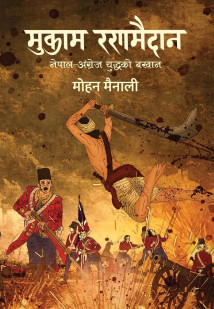
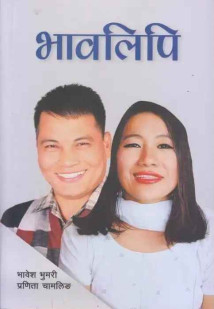
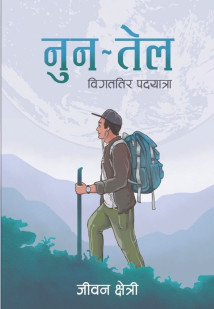
![Ba-aama [बाआमा]-Nepali Expert](/sites/default/files/styles/large/public/books/Ba-aama.jpg?itok=ISDhsBkL)
![Hiti Pranali [हिति प्रणाली]-Nepali Expert](/sites/default/files/styles/large/public/books/Hiti-Pranali.jpg?itok=rbHM3GFb)
![Atripta Awasar [अतृप्त अवसर: अनुकूल समयको असहज अर्थ-राजनीतिक विचार]-Nepali Expert](/sites/default/files/styles/large/public/books/Atripta-Awasar.jpg?itok=kYvxoZ8R)
